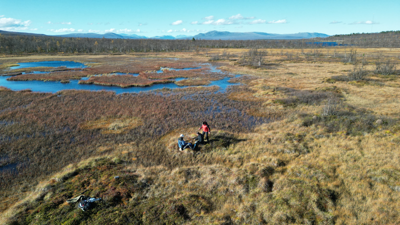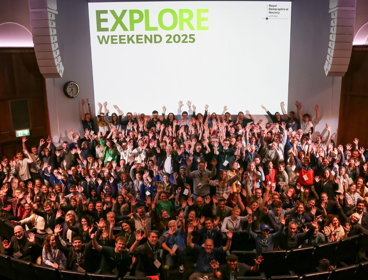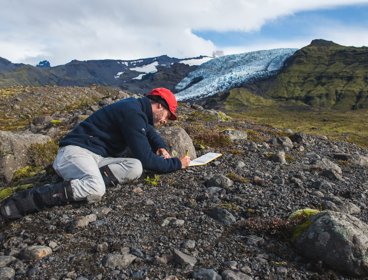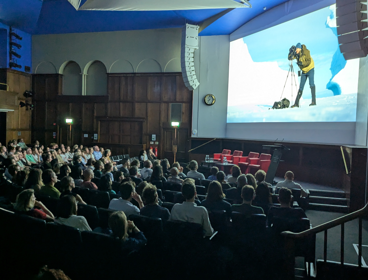This year, with the generous support of our donors, the Society has allocated £165,000 in funding to support 75 fieldwork projects in 37 countries across six continents.
Our grants support a range of projects, from and field research by and , to inspiring geographical journeys and expeditions by independent travellers and explorers.
This year, topics range from the future of farming in England through the experiences of women in agriculture, to strengthening global readiness for natural hazards through the monitoring of volcanic risks in the USA.
One of this year’s recipients is Ali Mert Ipek, a PhD student from Manchester University, who received The Geographical Club Award. Speaking about her fieldwork in Turkey’s Eastern Black Sea region, Ali commented:
The award enables me to study how tourism and state-led development projects in this region are transforming rural livelihoods, everyday life and contributing to the commodification of nature. By working closely with communities, my research explores how people adapt to and contest these transformations on the ground.Ali
Dr Roseanna Mayfield, from the University of Nottingham, was awarded a Small Research Grant for early-career researchers to support her fieldwork investigating methane production and wetland systems in Northern Sweden. Of her research, Roseanna said:
Rising temperatures and permafrost melt threaten to release vast amounts of buried carbon into the atmosphere as methane, a highly potent greenhouse gas. The Fennoscandian Arctic is a global hotspot for biodiversity and carbon storage, yet most methane-focused research centres on modern day emissions. Thus, our understanding of long-term methane production remains poorly understood. This summer we will collect sediment cores to reconstruct past lake methane production and advance our understanding of temporal methane production in a warming and melting Arctic.Roseanna
See the this year.
The next round of begin in September.



